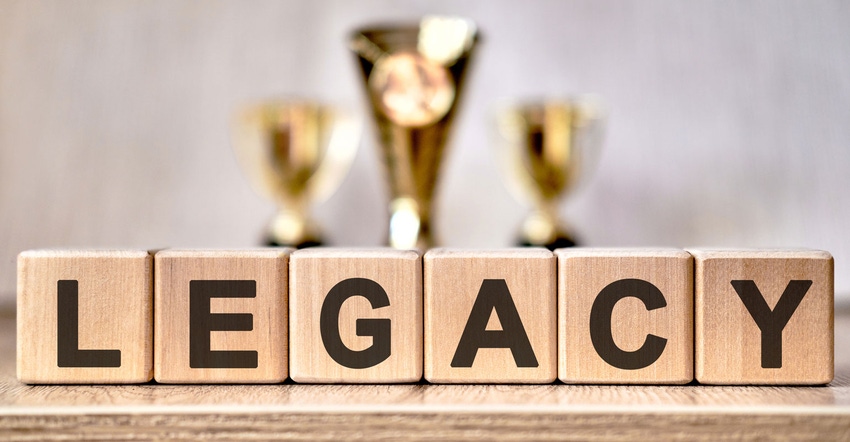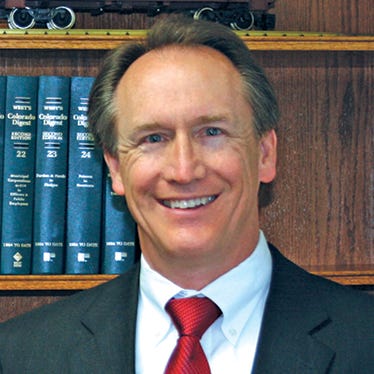June 28, 2021

As you consider preparing or drafting an estate plan, your first thoughts can be focused on tax savings or probate avoidance. Why? You have lived a life of hard work devoted to people and causes you love and care about. Should what you leave on your death amount to just some money and property? I think not.
Every one of you can continue your legacy by leaving directions and guidance at the time of your death. Your estate plan should reflect something so much more valuable than just things and their efficient transfer to the next generation.
The last will and testament of George Washington is a great example of a man striving to leave a legacy. It includes guidance and directions that reflect his principles, desires and core beliefs. Freeing enslaved individuals, providing for individuals who are incapable of providing for themselves, and ensuring that the young slaves are taught to read, write and learn a useful occupation.
He even left simple items of personal property with words of wisdom that made those simple items extremely valuable to those who received them and the generations who followed them. Here is a sample of his words that you might consider as a guide:
"To each of my Nephews, William Augustine Washington, George Lewis, George Steptoe Washington, Bushrod Washington and Samuel Washington, I give one of the Swords or Cutteaux of which I may die possessed; and they are to chuse in the order they are named. These Swords are accompanied with an injunction not to unsheath them for the purpose of shedding blood, except it be for self defence, or in defence of their Country and its rights; and in the latter case, to keep them unsheathed, and prefer falling with them in their hands, to the relinquishment thereof."
By being mindful of passing on wisdom and support for a fragile cause, he took a gift of a few items and turned it into a lesson on restraint and honor, and a call to something greater than themselves. All of these swords have been preserved, and many of them stayed in the family to which they were given for more than three generations before being turned over to be preserved by institutions for the public to learn from.
Swords were a common item of the times; there is nothing particularly special about the construction, the design or the material they were made of. They were simply tools of the day. How could they be so valuable to those who receive them?
The answer is simple. The gift came with a purpose, a call, a legacy!
Craft that legacy
When you prepare your last will, or your living trust, or whatever other documents you happen to draft in conjunction with your estate planning, are you leaving a legacy for future generations, or just effectively transferring your assets in a tax-efficient manner?
When you get around to putting together your estate plan (because most people procrastinate on it), consider building a foundation for the planning that is based on passing wisdom onto the next generation. Or maybe helping the next generation understand that the stuff you are leaving them is not what is most important.
Would it be better to leave them the knowledge, wisdom and integrity it took to accumulate the stuff you are leaving them? Or how the stuff was used to help your neighbors or those in need? Maybe perspective on your trials and tribulations would be worth hearing about.
As we look at where our society is focused today, I think the generations that follow are in desperate need of wisdom, perspective and guidance. Most of these future individuals have been given everything that we did not have as we were growing up. The things we worked hard to accumulate and accomplish.
But unfortunately, what they weren't given was the opportunity to experience what we did not have and as a result; they have no gratitude or appreciation for what they do have. Sadly, many in the next generation are using things that our families worked hard to accumulate, died protecting, and wisely built and developed to support and promote causes contrary to our core beliefs.
I think individuals, attorneys, financial professionals and everyone involved in the estate planning process could do a much better job at passing a legacy to the next generation, instead of just giving people stuff.
Dolan, an attorney, helps farm and ranch families achieve comprehensive estate, succession and legacy planning objectives. He is the principal of Dolan & Associates, P.C. in Brighton and Westminster, Colo. Learn more on estateplansthatwork.com.
About the Author(s)
You May Also Like






